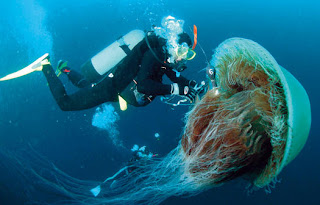
Three ways to prevent soil erosion:
1)Gardening-Plant trees and shrubs because it will provide shade and shelter for the soil while the roots will help prevent the water from washing it away.
2)Water your soil-It is good to water your soil, but do not drown it, especially during the dry months. Over watering soil will wash it away and also degrade it.
3)Have high grass-Plant patches of high grass that is at least three inches high. The grass will promote retention of water in the soil.








